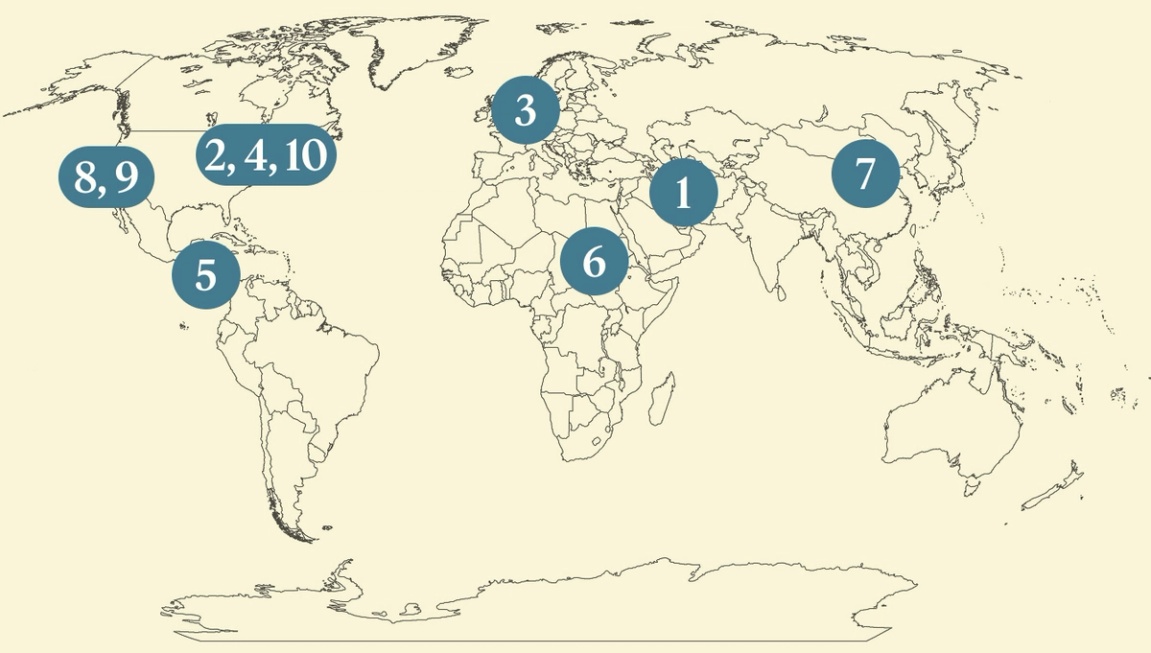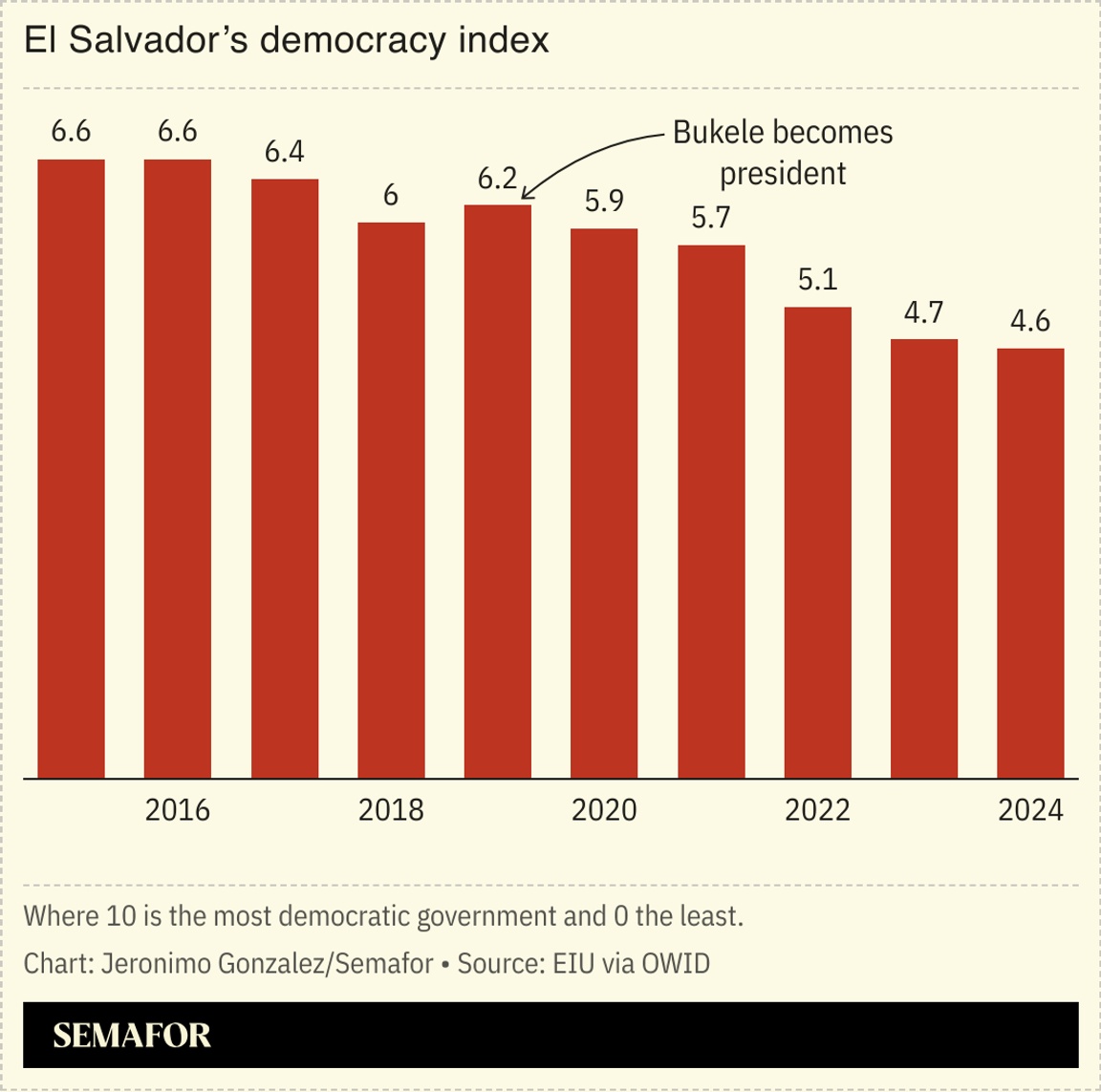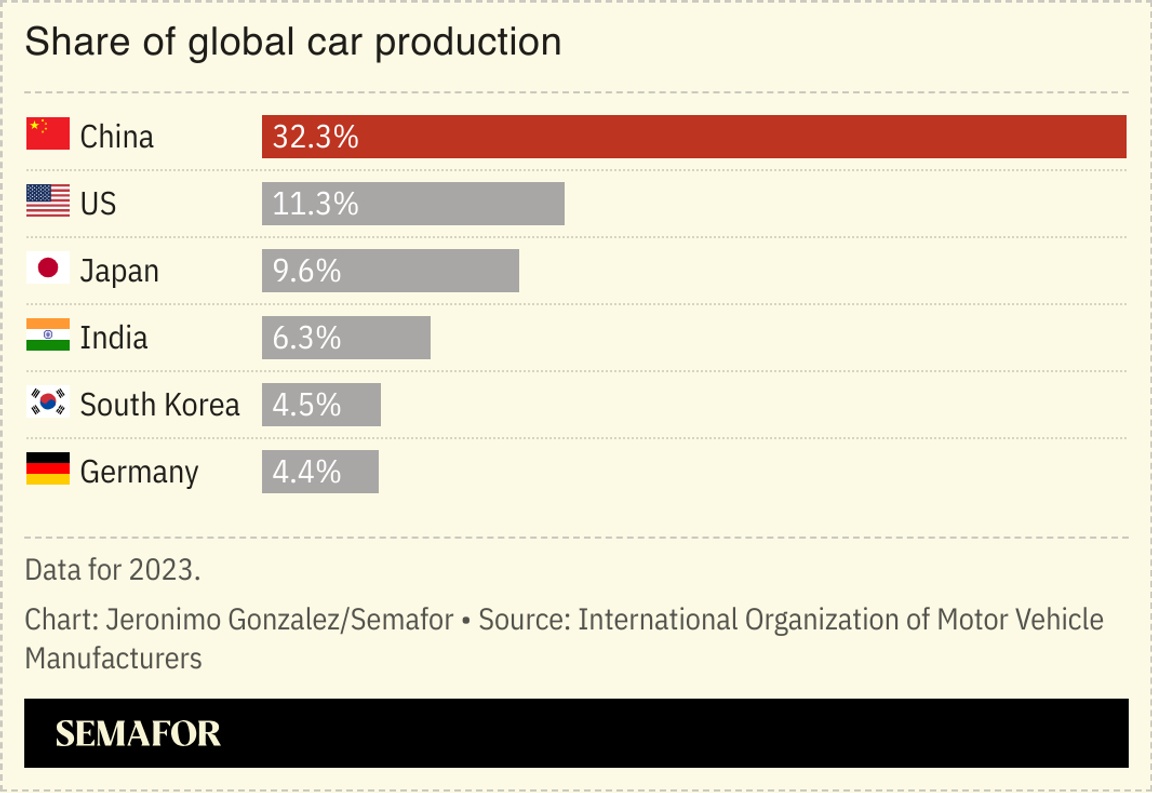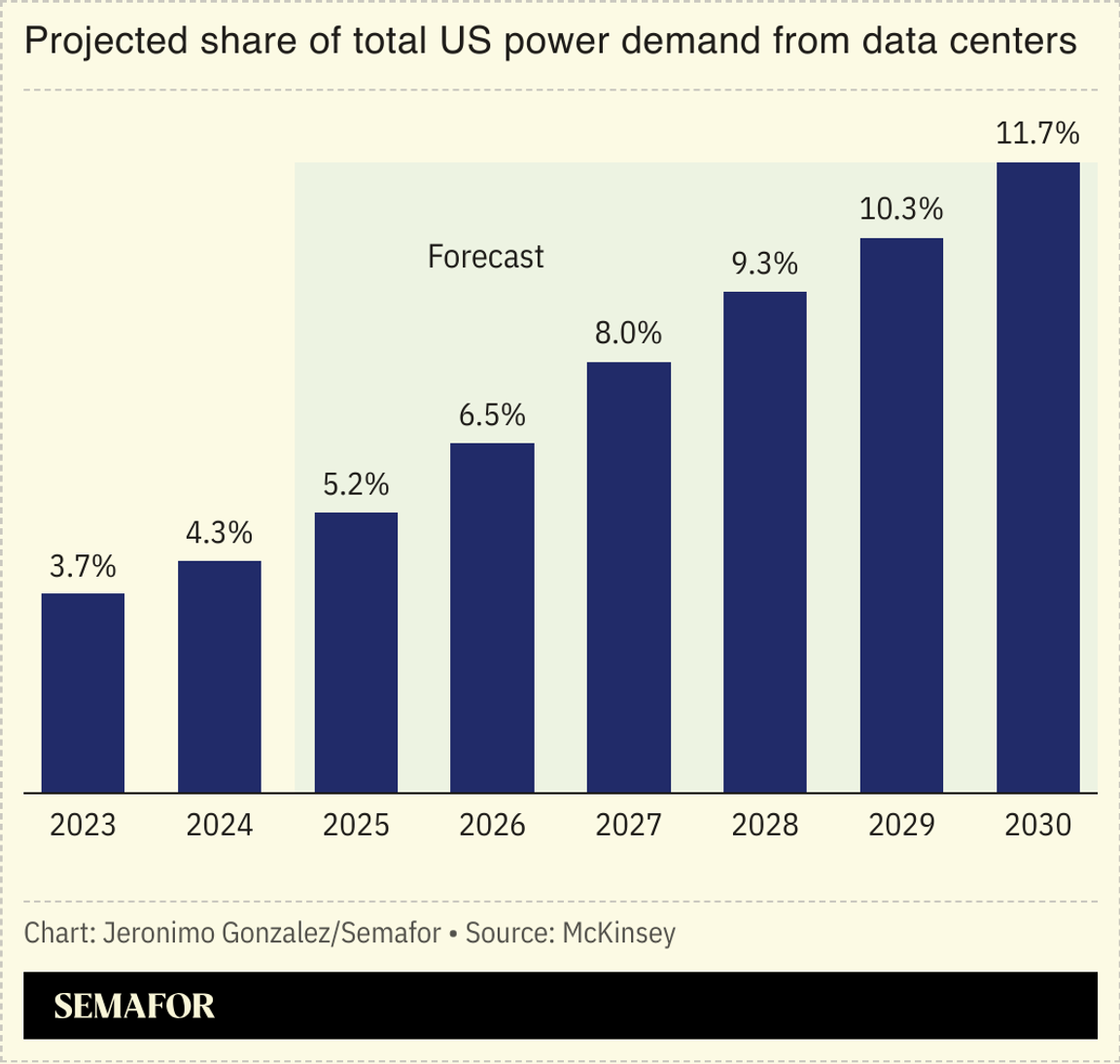| | The Iranian regime’s future hangs in the balance, Donald Trump alarms NATO leaders with his comments͏ ͏ ͏ ͏ ͏ ͏ |
| |   New York City New York City |   San Salvador San Salvador |   Khartoum Khartoum |
 | Flagship |  |
| |
|
The World Today |  - Iran’s uncertain future
- Trump alarms NATO
- Young socialist wins NY
- RFK in vaccine row
- Salvadorans fear Bukele
- Sudan hospital attack
- China’s dubious EV stats
- Copyright boost for AI
- AI could help climate
- Young people’s old hobbies
 China’s growing Latin American influence, and a new single by a veteran Malian singer-songwriter duo. |
|
Iran regime’s future unclear |
 Office of the Iranian Supreme Leader/WANA via Reuters Office of the Iranian Supreme Leader/WANA via ReutersIran’s brief but brutal war with Israel has left its theocratic regime facing an uncertain future. Israeli strikes killed many of Ayatollah Ali Khamenei’s key commanders, with Iranian political and military figures apparently plotting to sideline him. “Everybody knows Khamenei’s days are numbered,” one alleged conspirator told The Atlantic. An Iranian reformist told the Financial Times that the Islamic republic would likely endure but be profoundly reshaped by the short conflict: “It won’t change in name but will change in manner.” Disillusionment with Khamenei was already growing, and uprisings have been met with brutal crackdowns. Many Iranians fear Tehran will use the war as a pretext for rolling back hard-won liberties, The Guardian reported. |
|
 David ‘Dee’ Delgado/Reuters David ‘Dee’ Delgado/ReutersA young, formerly unknown democratic socialist won the Democratic primary for mayor of New York City, making him the frontrunner to be its next leader. Zohran Mamdani focused relentlessly on affordability while young voters rallied around his cheerful vibe and pro-Palestinian politics. His veteran opponent Andrew Cuomo accused him of anti-Semitism — the city has more Jews than anywhere outside Israel — but conceded after what The New York Times called a “joyless” campaign. The result showed that Democrats appeared ready “to throw off old leaders,” as Semafor’s David Weigel put it. With New York’s mayor running a budget comparable to that of a medium-sized country, Mamdani’s victory makes him “the great new bogeyman” for the Republican party, New York Magazine reported. |
|
 Claudia Greco/Reuters Claudia Greco/ReutersUS President Donald Trump alarmed NATO allies by once again hinting he may water down Washington’s commitment to mutual defense. Ahead of meeting other leaders in The Hague, Trump said Washington’s willingness to uphold Article 5 of the alliance’s founding treaty “depends on your definition,” a remark that could undermine the organization’s entire purpose. European NATO members are already scrambling to boost defense outlays under pressure from Trump and to strengthen their own militaries in the face of a rising threat from Russia, with all but Spain agreeing to spend 5% of GDP. Madrid’s intransigence appalled other diplomats, according to Politico, with one saying “I have no words to express my disgust.” |
|
RFK questions vaccine safety |
 Ken Cedeno/File Photo/Reuters Ken Cedeno/File Photo/ReutersUS Health Secretary Robert F. Kennedy Jr questioned the safety of vaccines, in his most direct statement on the topic since taking office. Kennedy is a longtime vaccine skeptic: He wrote a 2014 book saying thimerosal, an ingredient in some vaccines, is dangerous for containing mercury. He has downplayed those beliefs recently, but, addressing a Congressional panel Wednesday, he raised concerns about “the risk profile” of some vaccines. The debate grew heated, Politico reported, with one Democrat telling Kennedy that “people are going to die” because of his actions. Kennedy is battling the scientific community on several fronts: A report into thimerosal by an ally of his, published on a government website, cited a study that did not exist, Reuters reported. |
|
Salvadorans fear, but back, Bukele |
 Almost 60% of Salvadorans fear ending up in prison if they criticize President Nayib Bukele, a new poll showed, even if a majority still approve of his government. The self-styled “world’s coolest dictator” has overseen a controversial crackdown on crime that has sent murder rates plummeting, but at the cost of grave human rights abuses including mass trials. Bukele has also stymied dissent, including recently imprisoning a prominent human rights lawyer without a trial, a move seen by some as a step change in his authoritarian rule, The Economist said. Leaders across Latin America, the world’s most violent region, have vowed to mimic some of his security policies, sparking fears of similar abuses. |
|
Deadly attack on Sudan hospital |
|
China inflates car sales data: Report |
 China has been inflating car sales figures for years as firms look desperately to boost revenue amid a glut, Reuters reported. Zero-mileage cars fresh off the assembly line have been reclassified as used and sold on to markets in Russia, Central Asia, and the Middle East allowing firms to show growth and to dispose of cars that would be hard to sell domestically, the outlet said. “This is the outcome of an almost-four-year price war that has made companies desperate to book any sales possible,” an auto expert said. Amid an overproduction boom that has sent prices crashing in China, BYD, the world’s biggest EV maker, has slowed production at some of its facilities and delayed plans for new assembly lines. |
|
Judge sides with Anthropic |
 Anthropic CEO Dario Amodei. Flickr Creative Commons photo/TechCrunch/CC BY 2.0 Anthropic CEO Dario Amodei. Flickr Creative Commons photo/TechCrunch/CC BY 2.0A US federal judge sided with the artificial intelligence company Anthropic over its move to train models on published books without the authors’ permission. It’s the first time that a court has backed Big Tech’s argument that the use of copyrighted material in training data constitutes “fair use,” like reviewing or parody. The ruling is a blow to the authors, artists, and publishers who have brought lawsuits against AI companies: While there is no guarantee that other judges will follow suit, it sets a precedent. Fair use is a “notoriously finicky” point of US copyright law, TechCrunch reported, and the carveout has not been updated since 1976 — “a time before the internet, let alone the concept of generative AI training sets.” |
|
AI could cut carbon emissions |
 Artificial intelligence could drastically cut carbon emissions despite its high power demand by making transport, energy, and agriculture more efficient, research suggested. The International Energy Agency predicts that data center energy use will double by 2030, and AI’s energy needs are already putting pressure on the US grid. But a study found that if AI can be used to forecast energy supply and demand fluctuations, it could save billions of tons of carbon a year; it could also help design artificial proteins to reduce reliance on meat and dairy, and streamline transport by improving battery tech. Such improvements could save more carbon annually by 2035 than the European Union’s entire output, modeling predicted. |
|
Young people take up old hobbies |
 Flickr Creative Commons photo/M/CC BY-NC-ND 2.0 Flickr Creative Commons photo/M/CC BY-NC-ND 2.0Young Americans are taking up hobbies associated with the elderly in an effort to find real-world, screen-free activities. Sales of cross-stitch patterns and needlecraft canvases have nearly doubled in a year, one e-commerce site said, while an events website said functions dedicated to scrapbooking and junk journaling saw a similar rise. One New Yorker told The Wall Street Journal that her social life now revolves around knitting and crocheting classes. Doing physical activities with other people lets you “learn something new, be social, and have something tangible that |
|
|